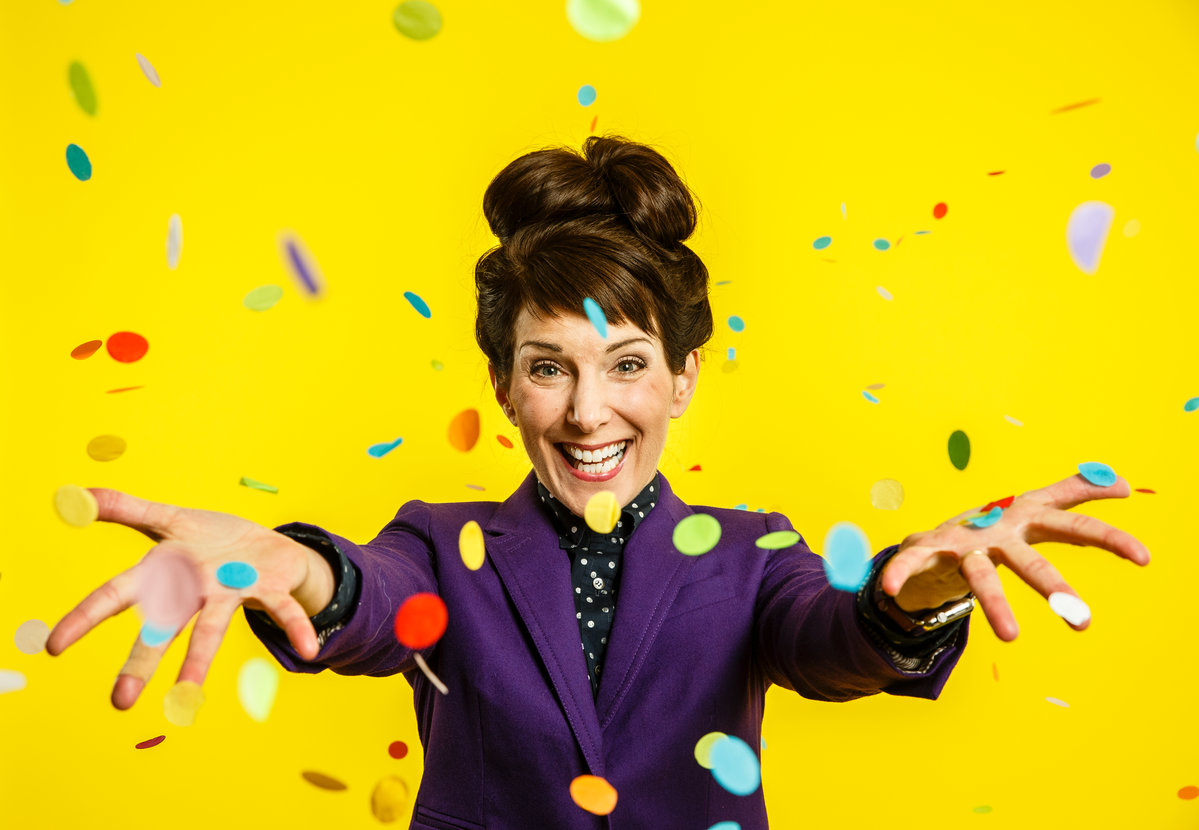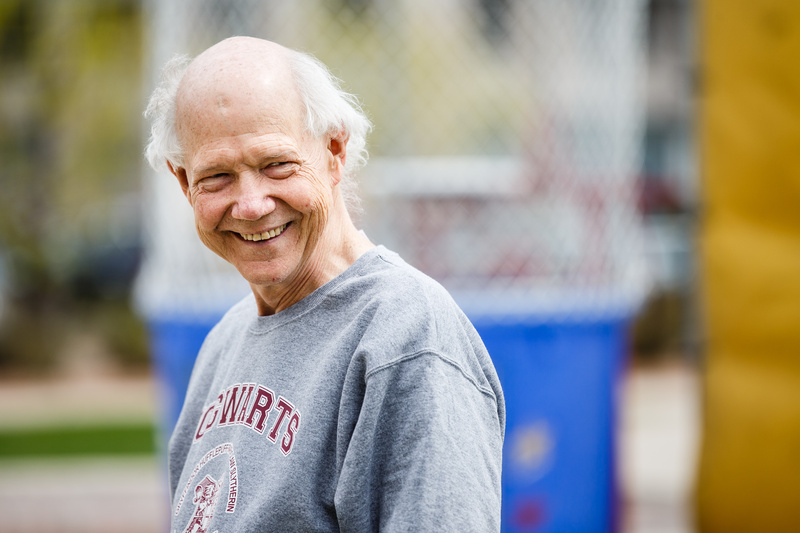Carol Bruess, professor emerita of communication and journalism, and former director of family studies at the University of St. Thomas College of Arts and Sciences, recently spoke with the New York Times about presidential candidate Nikki Haley's decision to start calling her now husband by a different name. Bruess is the co-author of the book "What Happy Couples Do."

From the story:
What happens when you can’t see yourself dating someone with a particular name? Or if you simply don’t like your partner’s name? If Mr. Right said his name was Chad, would that be a deal-breaker? If the woman of your dreams had the same name as your mother, would you stop the pursuit or call her by another one?
The idea of “looking” more like one name than another could stem from specific memories and characteristics that people have associated with certain names: Meet enough Bills, and you’re bound to form ideas of what a Bill looks like. A strong reaction to a person’s name — and certainly one visceral enough to want to call a partner by a different name — usually comes from somewhere, said Carol Bruess, a professor emeritus at the University of St. Thomas in Minnesota and a relationship social scientist.
“When a name evokes an emotional reaction, it’s usually because of a past or current relationship with someone who had that or a similar name,” she added.
According to Dr. Bruess, when we have had a traumatic or negative relationship with someone, those negative associations can be easily transferred to anyone with the same name.
“If you begin dating someone with the same name as your emotionally abusive uncle, it might take time to reorient your emotional connection to the name,” she said. “Like any symbol, we can recreate and reassign the meaning.”







